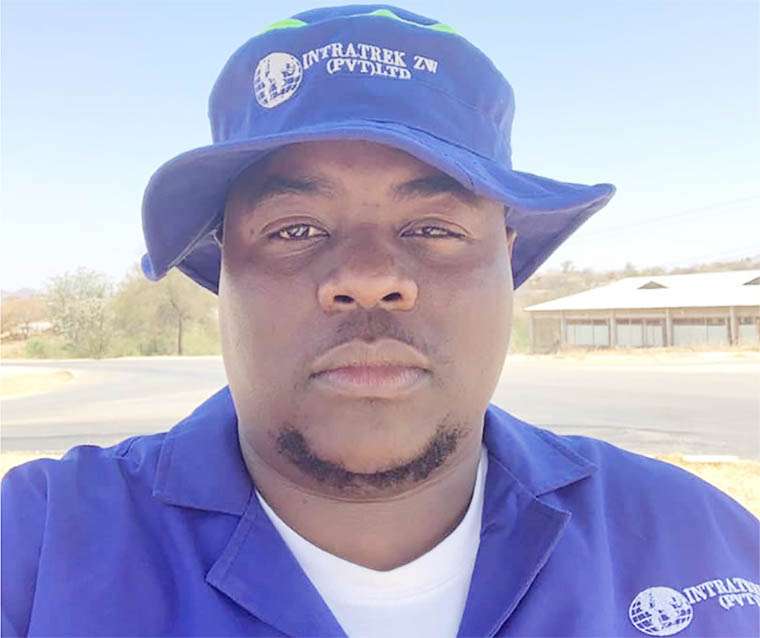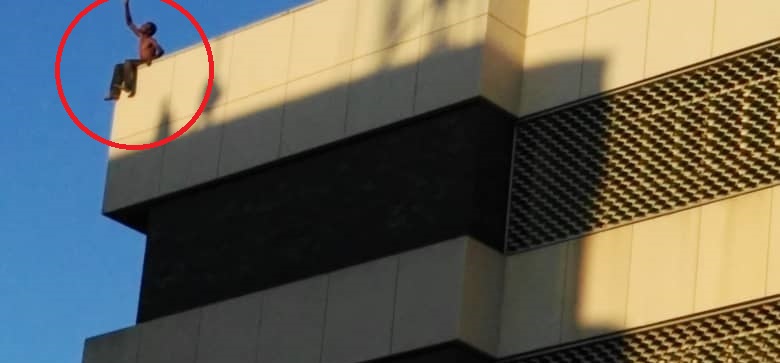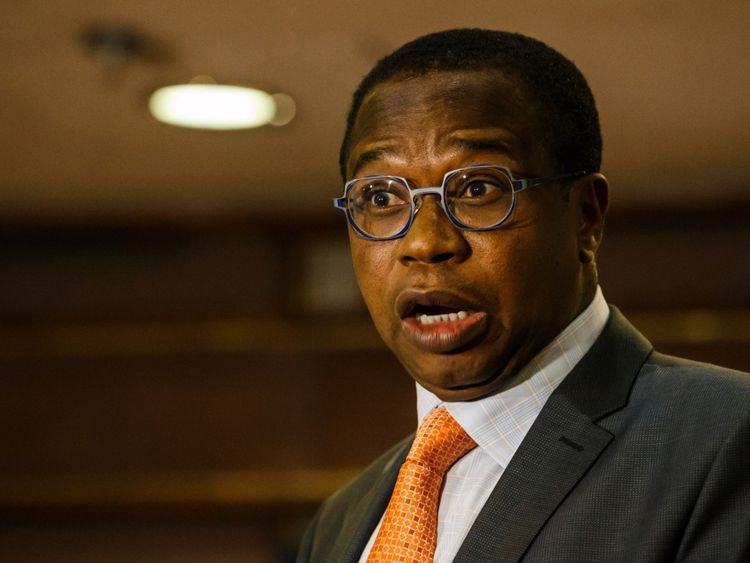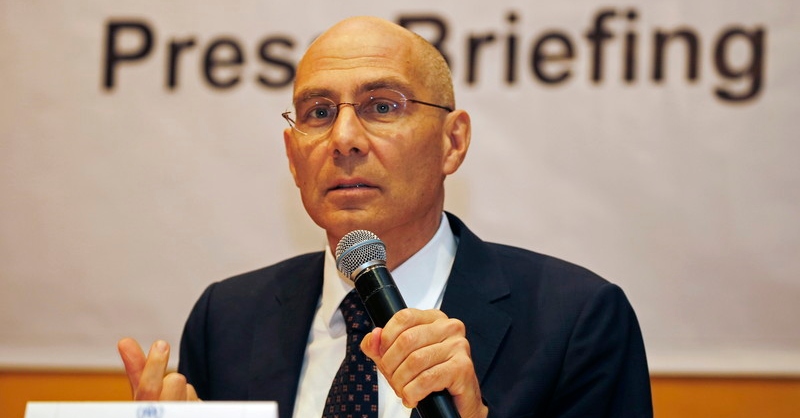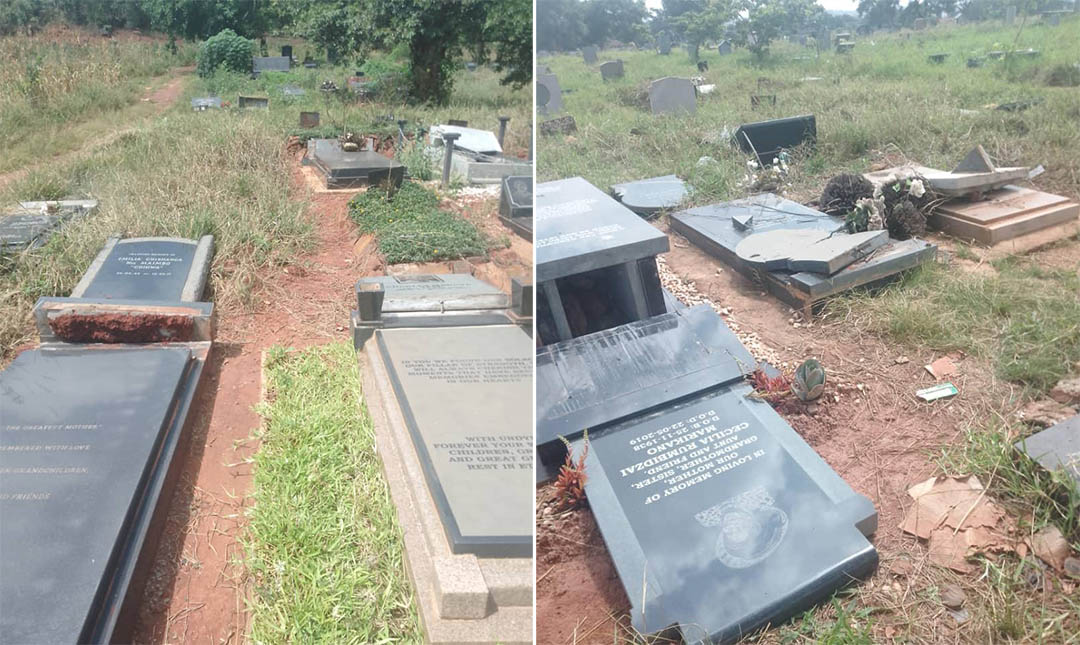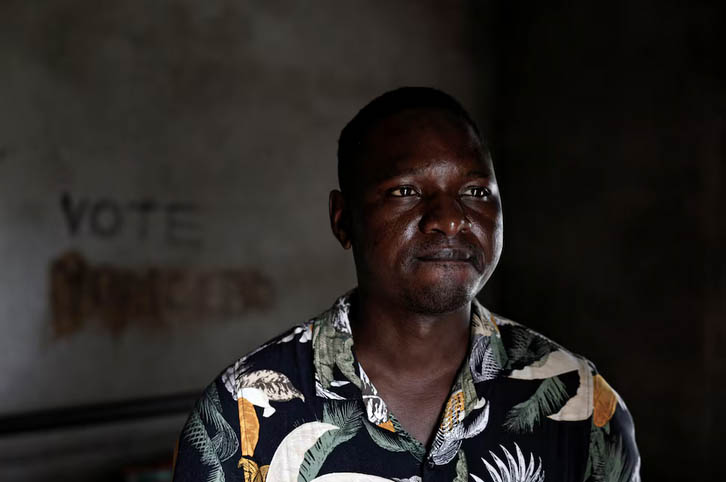HARARE – Energy Minister Fortune Chasi has been sucked into a corruption vortex after instructing power utility ZESA to withdraw criminal charges against Wicknell Chivayo, whose company has failed to deliver on a long-mooted 100 MW solar power plant in Gwanda, Matabeleland South.
Chasi wrote to the ZESA chairman Sydney Gata on May 26, according to documents seen by ZimLive, advising the power utility to abandon the fraud charges because the government “cannot afford the luxury of continued litigation.”
The minister’s letter was sent ahead of a Supreme Court ruling on an appeal by the Prosecutor General, contesting a High Court decision to acquit Chivayo of fraud charges arising from the alleged embezzlement of a US$5.6 million advance paid for a feasibility study at the construction site.
In July 2018, the High Court had ruled that the dispute between Intratek and ZESA was a contractual one, and not criminal. Justice Owen Tagu then halted Chivayo’s prosecution at the Magistrate’s Court.
But on June 8, the Supreme Court delivered its verdict and re-instated the charges against Chivayo. A three-judge panel comprising Deputy Chief Justice Elizabeth Gwaunza, Justice Rita Makarau and Justice Susan Mavangira unanimously allowed the appeal after ruling that the High Court erred in interfering with the unterminated criminal proceedings before the trial magistrate, Lazini Ncube.
The success of the appeal means the National Prosecuting Authority (NPA) can now proceed with Chivayo’s trial at the lower court, but if ZESA – the complainants – were to withdraw their complaint, that would severely weaken the prosecution’s case. The NPA, however, can still choose to pursue it.
ZESA is likely to follow through on Chasi’s directive and formally withdraw charges, presenting a dilemma for the NPA – while offering Chivayo an avenue to beat the charges which have hung over him since his arrest in December 2017.
“The minister has tilted the scales hugely in Chivayo’s favour,” a lawyer who did not want to be named for professional reasons said. “Once ZESA disengages from the case, it would be a very expensive endeavour for the NPA to pursue the matter, not least because chances of succeeding would be severely diminished.”
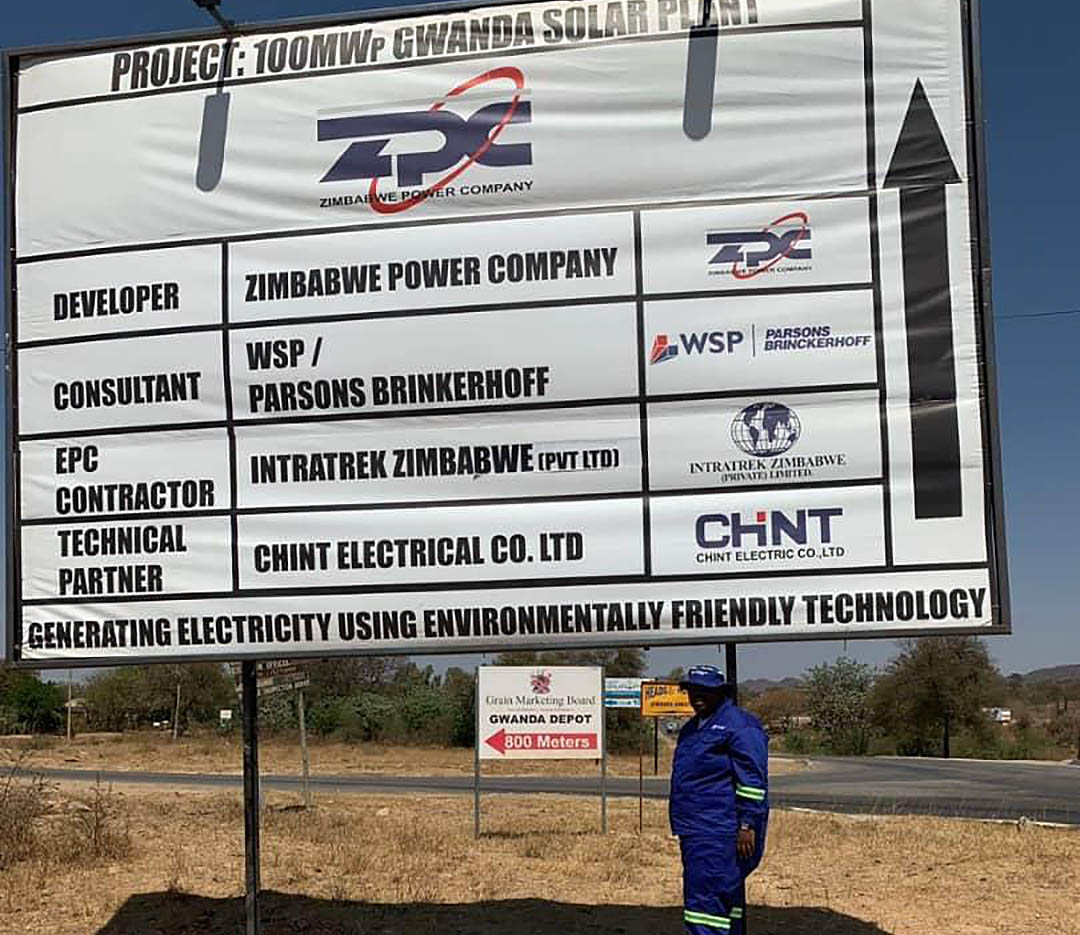
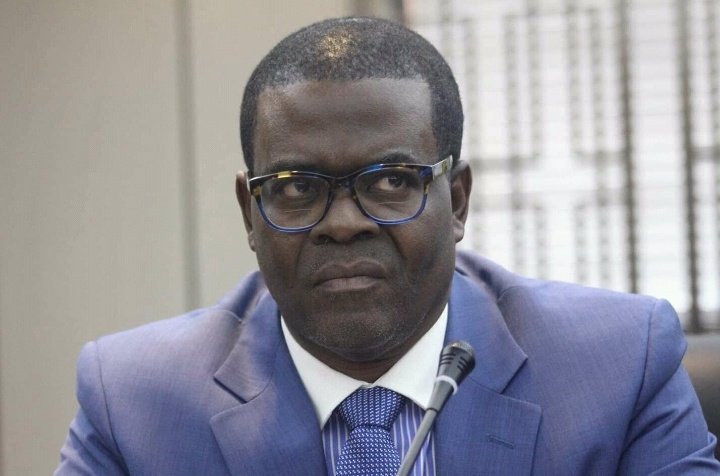
For years, Chivayo has been the poster-boy of alleged government corruption in the tendering system, in which huge infrastructure and procurement contracts are offered to shelf companies with no capacity to deliver. His lawyers blame ZESA for the failure of the project to take-off.
ZESA signed a deal with Chivayo’s Intratek for the solar project which would ease the country’s power deficit in 2015. The power utility paid over US$5.6 million to Intratrek for a feasibility study, but prosecutors allege the money was withdrawn and spent on things that had nothing to do with the project.
Chivayo recently appointed President Emmerson Mnangagwa’s adviser and prominent lawyer Wilson Manase as executive chairman of Intratek, it would appear as part of a plan to secure political backing to keep the tender alive. Mnangagwa’s long-time lawyer, Edwin Manikai, has also been roped in as chief legal adviser.
Chasi, writing to Gata, appeared to place huge importance on the two lawyers’ inclusion.
“The government took note of the involvement of high-ranking professionals who now constitute the restructured Intratek board,” he wrote. “Of note, the Presidential Advisory Council chairman Edwin Manikai is leading the legal conscription of the proposed financial and technical variation of the project through Dube, Manikai and Hwacha Legal Practitioners… The key role of that law firm and Mr Manikai in particular in the new arrangement speaks volumes on the integrity, professionalism and experience placed into the project, with the government concurring that all previous loopholes would subsequently be forestalled and plugged.”
Chasi told Gata that since 2015, “nothing has been achieved except endless and pointless litigation with an appeal currently pending.”
He added: “It is not known when this appeal (at the Supreme Court) will be determined whilst on the other hand it is self-evident that the country is reeling under a serious power crisis that has already wreaked havoc on the economy and the generality of the populace.”
Chasi said the government’s position was that “megawatts will ultimately be made at the project (sic) and not in the courts”, adding with finality: “The government, given the current power situation, cannot afford the luxury of continued litigation anymore and has been forced to take a pragmatic approach to the production of power.”
Intratek, in a letter to Chasi seen by ZimLive, said it had commitment from its financiers, African Transmission Corporation Holdings, to advance funding once an amended engineering, procurement and construction (EPC) contract was signed, with the government providing credit guarantees.
The company, whose technical partner is China’s CHiNT Electric, said it could add 10 MW to the national grid within six months of the amended contract being signed.
Questions left for minister Chasi had not been answered at the time of publication.
